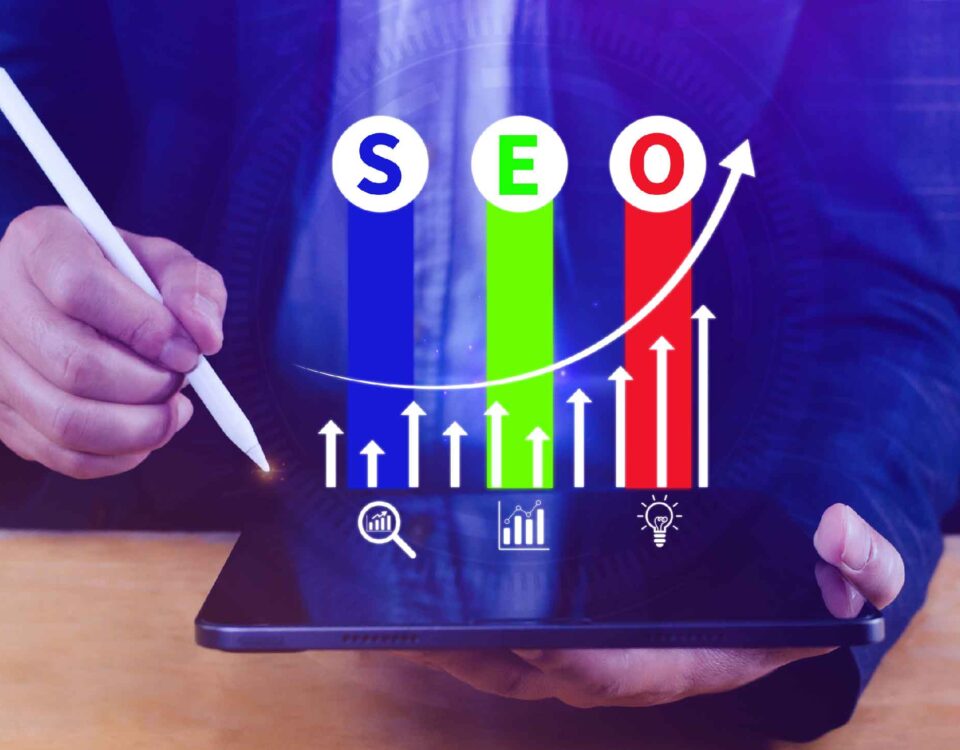The Power of Analytics in Digital Marketing: Unlocking Growth and Success

Understanding Meta Ads: CPC and CPL Explained
12 December 2024
The Future of Google Assistant: What’s Coming in 2025?
13 December 2024In the fast-paced world of digital marketing, staying ahead of the curve is not just a goal—it’s a necessity. The secret to achieving this lies in the strategic use of analytics. By leveraging analytics, businesses can gain deep insights into their campaigns, optimize performance, and achieve remarkable growth. In this blog, we explore the critical role analytics plays in digital marketing and how it benefits businesses of all sizes.
Understanding Analytics in Digital Marketing
Digital marketing analytics is the practice of measuring, managing, and analyzing the performance of marketing campaigns. It involves collecting data from various channels, such as social media, email, websites, and paid ads, to understand user behavior and campaign effectiveness. Tools like Google Analytics, HubSpot, and Adobe Analytics empower marketers to dive deep into metrics such as traffic sources, conversion rates, bounce rates, and customer demographics.
Key Benefits of Analytics in Digital Marketing
1. Enhanced Decision-Making
Analytics provides data-driven insights that enable marketers to make informed decisions. Instead of relying on assumptions, businesses can use real-time data to refine strategies and allocate resources efficiently.
2. Improved ROI
With analytics, businesses can track the performance of individual campaigns and channels. This visibility helps identify what works and what doesn’t, allowing marketers to focus on high-performing strategies and eliminate wasteful spending.
3. Personalized Marketing
Understanding customer behavior and preferences is key to creating personalized experiences. Analytics enables segmentation and targeting, ensuring that customers receive relevant messages tailored to their needs and interests.
4. Performance Optimization
Real-time tracking and analysis of campaigns allow businesses to tweak strategies on the fly. Whether it’s adjusting ad spend, refining keywords, or redesigning landing pages, analytics helps optimize every element of a campaign.
5. Customer Insights
Analytics sheds light on customer journeys, purchase patterns, and pain points. This understanding helps businesses design better products, services, and user experiences.
6. Competitor Benchmarking
By analyzing market trends and competitors’ performance, businesses can identify opportunities and gaps. Analytics ensures you’re always a step ahead in the competitive landscape.
How to Get Started with Digital Marketing Analytics
- Set Clear Goals: Define what you want to achieve with your campaigns, whether it’s increasing traffic, generating leads, or boosting sales.
- Choose the Right Tools: Invest in analytics platforms that align with your business needs and budget.
- Monitor Key Metrics: Focus on metrics that matter most to your goals, such as conversion rates, cost-per-click (CPC) , and customer lifetime value (CLV). Also Visit: Understanding Meta Ads: CPC and CPL Explained
- Iterate and Optimize: Continuously analyze performance data to identify areas of improvement and implement changes.
Final Thoughts
Analytics is not just a tool; it’s the backbone of modern digital marketing. By embracing analytics, businesses can transform their marketing efforts into a powerful growth engine. From enhancing decision-making to delivering personalized experiences, the benefits of analytics are boundless.
Partner with Blessime Marketing, the best digital marketing company in Chennai, to harness the power of analytics and take your business to new heights.


